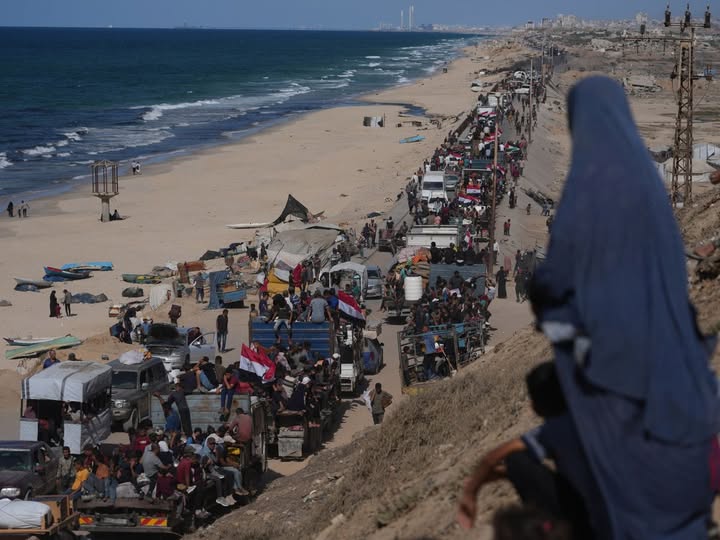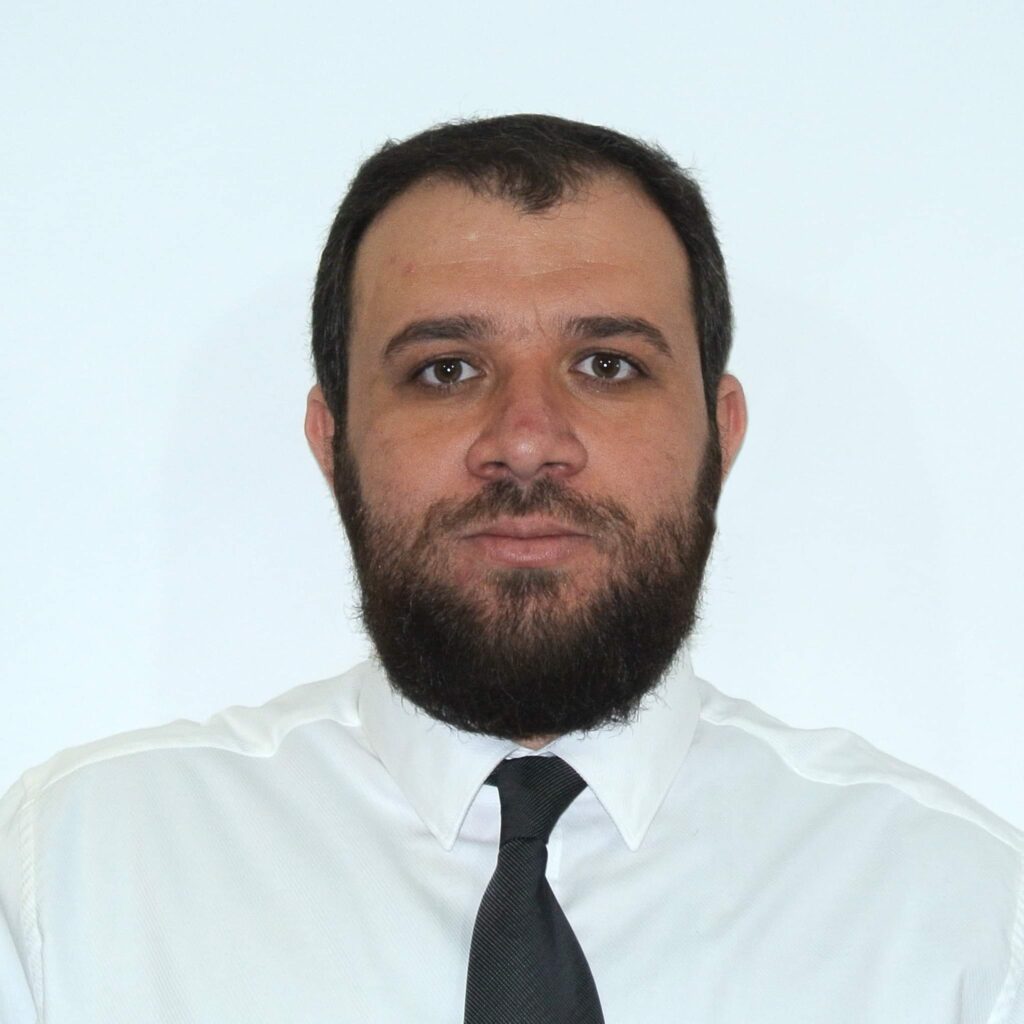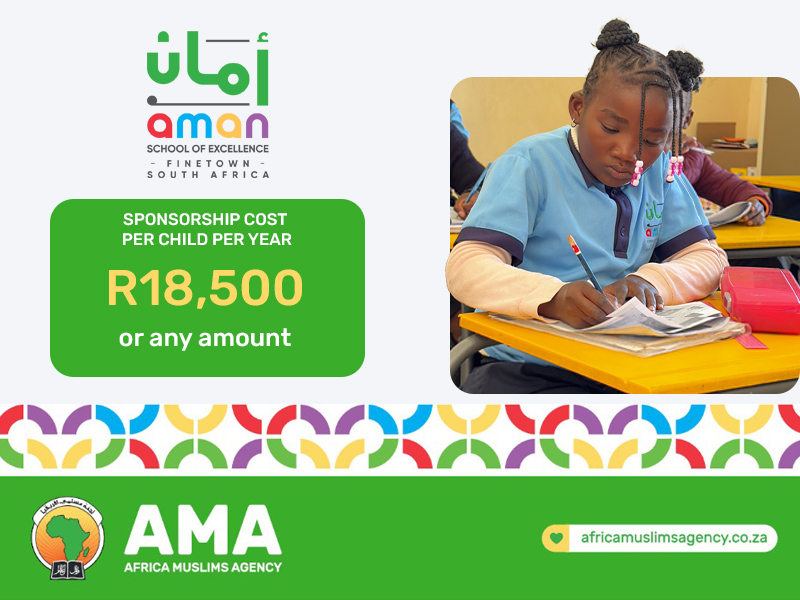

Palestinian student, Abdelrahman Shat, of Durban says Palestinians here are mobilising with locals to send life-giving resources to Gaza, writes Ismail Suder.
Durban-based Palestinian student, Abdelrahman Shat, says after two years of genocide in Gaza, his family and close friends have thankfully escaped injury or death – his elderly parents, who live with him in Westville, can’t wait to return once permanent peace is restored.
His parents want nothing more than to spend their last days in the land they love so much, said Abdelrahman, who is studying for his doctorate in business administration.
“My parents received the news of the ceasefire with relief. They are grateful for the silence after so much noise. Their first reaction was gratitude and prayer for those we’ve lost. Their second reaction was a simple longing: to return. They talk about the smell of the sea, the way neighbours check on each other at dusk, the olives, the call to prayer that threads the day together. They understand that ‘ceasefire’ is not ‘reconstruction,’ and they know the road back is uncertain. But their hearts have already crossed the checkpoint. If you ask whether they dream of returning, the truth is they never stopped.
“I carry two truths at once: gratitude that many of our loved ones are still here – and grieve for those gone. The ceasefire gave everyone a chance to exhale, but it also spotlighted the scale of loss. When my parents say they want to be back in Gaza, what they mean is they want to be back in a life that makes sense. For them, home is not a set of coordinates; it’s relationships, routines, and responsibilities. That’s what they dream of returning to.
“Our relatives and close friends who remain in Gaza are, Alhamdulillah, alive – yet their ‘Okay’ hides a difficult reality: they are surviving with almost no resources. Food is sporadic, clean water is a daily struggle, and medical care is thin. Schools and clinics that once anchored the community have been damaged or repurposed. Even those with savings have discovered that money doesn’t translate into access when markets are empty or roads are unsafe. The ceasefire has slowed the tempo of fear, yes, but it hasn’t restored capacity: supply chains, electricity, and public services are far from normal. People are patching roofs with whatever they can find, sharing meals, and bartering. Its resilience is born of necessity, not choice.
He told Al-Qalam that Durban’s Palestinian community is relieved at the news of the ceasefire and is mobilising to see how best they can help.
“In Durban, the Palestinian community – and many South Africans who stand with us – have responded with both joy and determination. Joy because any cessation of violence saves lives. Determination because everyone understands the work ahead: rehabilitation of schools and clinics, support for orphaned children, mental-health care, and livelihoods,” he added.
Abdelrahman said, following the announcement of the ceasefire, local mosques, community groups, and student associations have quickly moved from protest vigils to planning meetings: Discussions now revolve around ‘How do we help rebuild?’ ‘Which NGOs have safe and reliable channels?’
“People often ask, ‘What does reconstruction look like?’ It’s tempting to answer with cement and spreadsheets, but for families, it starts with three basics: safety, services, and a sense of normal. Safety means predictable access – being able to move without gambling with your life. Services mean water that doesn’t make you sick, a clinic that has antibiotics, and a school that can reopen even if under a tent for now. Normal is to hear kids laughing on their way to class and parents knowing the day will end roughly as it began. The extraordinary thing is how much the community is already doing to self-organise – micro schooling, neighbourhood watch rotations, food-sharing networks. What’s needed is to amplify these community initiatives with professional support and resources.”
Meanwhile, Iqbal Jassat, an executive member of the Media Review Network, wrote in a recent opinion piece that Netanyahu’s claim to have won is false. He said that “Netanyahu’s claim of ‘victory’ is part of his hasbara narrative to conceal defeat.”
He wrote: “Military experts will agree that if any power sets out beating war drums and loudly proclaiming clearly defined goals, but after a lengthy period of killing innocent people, including causing enormous devastation and destruction by its army, is forced to accept a ceasefire without attaining any of its goals militarily, it cannot claim to be victorious.”









